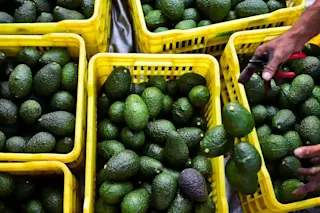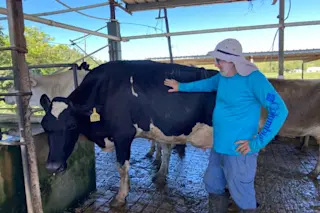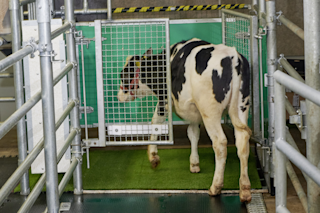In this space, I've frequently shown how GMO fear mongering plays out in the media. The latest frightful example aired Monday on CNN. It was a piece about the mysterious genetically modified (GM) wheat recently found in an Oregon farm field. First, some quick background: In the early to mid-2000s, Monsanto field tested GM wheat in 16 states. But as NPR reported, "the country's wheat growers told the company that they did not want it." So Monsanto never sought to commercialize the crop and stopped its field tests in 2005. Nobody knows how this isolated strand of GM wheat suddenly reappeared. Is it sabotage, as Monsanto and others have suggested, or a case of gene flow? Although the U.S. Department of Agriculture says the GM wheat has not spread, there is fallout for Monsanto and repercussions for American wheat farmers. On Monday, CNN dove into the story with a 3-minute segment that starts off this way:
The discovery of genetically modified wheat in a field in Oregon is a growing concern around the world.
How so? Well, the piece does feature several farmers legitimately worried about not being able to sell their winter crop to GMO-averse countries in Asia. But CNN also wanted to show a freak-out on the home front, so it interviewed an anti-GMO parent who said:
I really believe these GMOs are compromising an entire generation of our children. We used to be able to let our kids just have a burger and eat the bun and now I'm really concerned we're going to have to stop doing that.
Here's the entire CNN clip.
Like I've been saying, the most outrageous anti-GMO claims and fears have been thoroughly mainstreamed.













